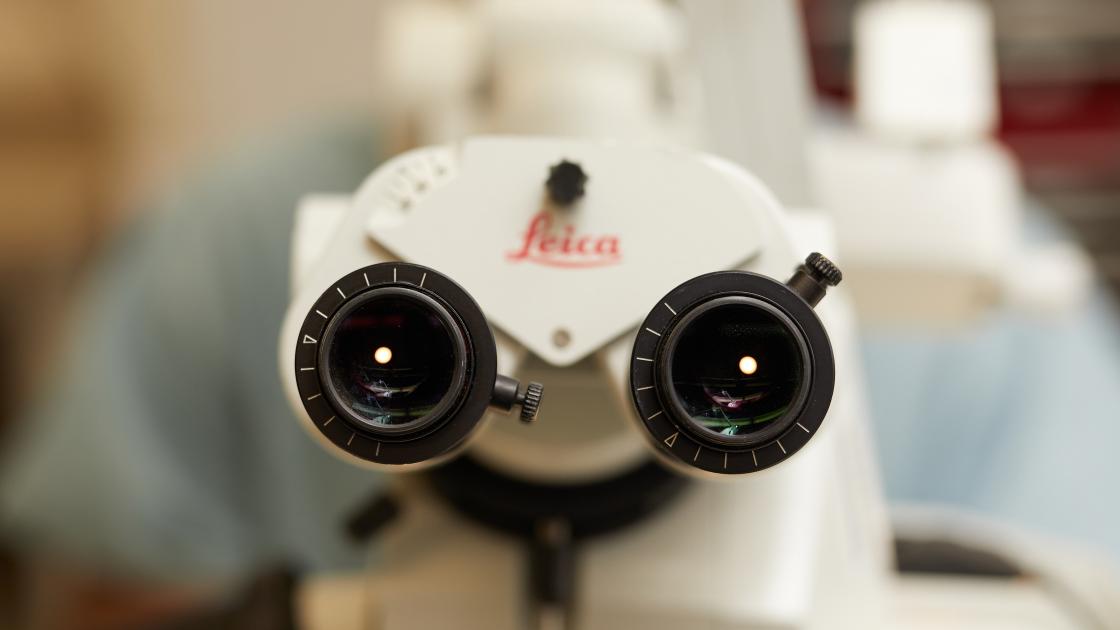
ALS drug shows varying effects against Alzheimer’s, metabolism
Effects are unique between males and females
A recent study from the Hascup labs at SIU Medicine has shown how riluzole, a drug compound typically used to treat amyotrophic lateral sclerosis (ALS), showed different effects on models with Alzheimer’s disease (AD) depending on whether they were male or female.
Published in the Journal of Alzheimer’s Disease, the study reports male mouse models with Alzheimer’s and healthy models showed improved glucose tolerance with riluzole treatment. However, female mouse models with Alzheimer's disease did not show significant improvements in metabolism.
This study, led by Dr. Caleigh Findley, builds on previous Hascup lab research around riluzole by exploring the differences between treatment for males and females, effects when treatment stops, and its impact on metabolism. The differences in effects between males and females is notable, considering that nearly two-thirds of individuals diagnosed with AD are women.
“Historically, the majority of our knowledge from preclinical studies has relied solely on studies conducted in male rodents. This is something that has happened almost across the board regardless of disease state, except for issues like ovarian cancer,” says Erin Hascup, PhD, director of the Smith Alzheimer’s Center.
“What we are now finding when we include females in studies is there are major differences that may help explain why so many drugs are less effective in clinical trials and/or are only effective in a subset of the population.”
Riluzole is approved by the Food and Drug Administration (FDA) for ALS, and targets the glutamatergic system in the brain to improve the uptake of glutamate and reduce its release. Glutamate is the most abundant excitatory neurotransmitter, a chemical that nerve cells use to communicate to other cells for creating and recalling memories.
Testing was administered right after the treatment as well as six months after stopping treatment. Researchers looked at specific genes related to metabolism and memory, finding riluzole caused changes in the expression of these genes. Again, the effects were different for males and females and depended on the type of mouse model.
The impact from riluzole medication showed a significant elevation in several genes, many similar between male and female mice. However, there were differences in insulin receptor (INSR) gene expression as female mice with treatment showed an increased response. That increased response from INSR aligned with improvement in spatial learning.
Both male and female Riluzole-treated mice of Alzheimer’s showed an increased and prolonged response from CREB1, a protein in neurons thought to be involved in the formation of long-term memories. In normal male mice with riluzole treatment, CREB1 was significantly increased.
While the study suggests that riluzole may have positive effects on metabolism and memory in models with AD, the results vary depending on sex and the type of mice. More research is needed to understand how riluzole works and how to best use it as a treatment for Alzheimer's disease. This includes developing a tailored strategy for the timing of the drug administration to boost its effectiveness.
Alzheimer’s affects approximately 6.5 million people in United States, including 250,000 in Illinois. This work was supported by the National Institutes of Health, the Dale and Deborah Smith Center for Alzheimer’s Research and Treatment, and the Kenneth Stark Endowment.



